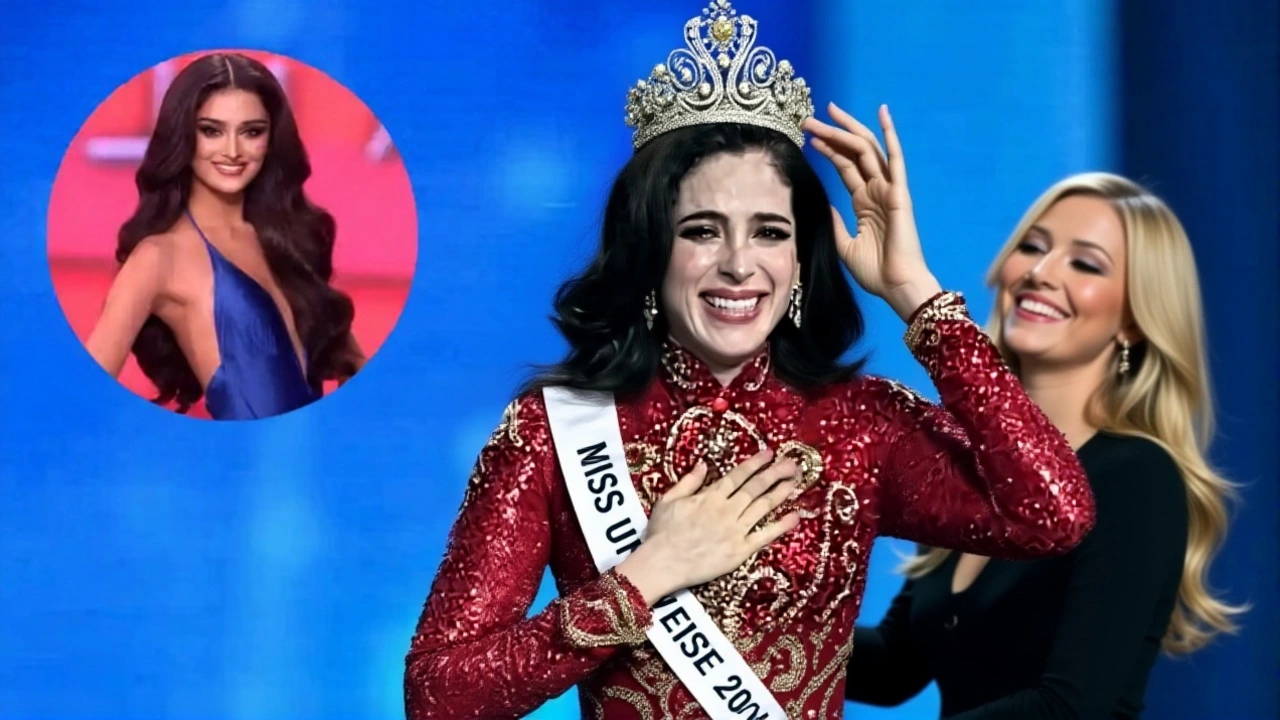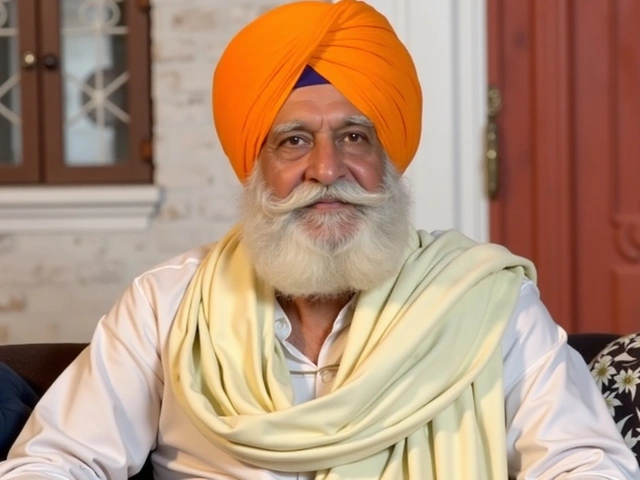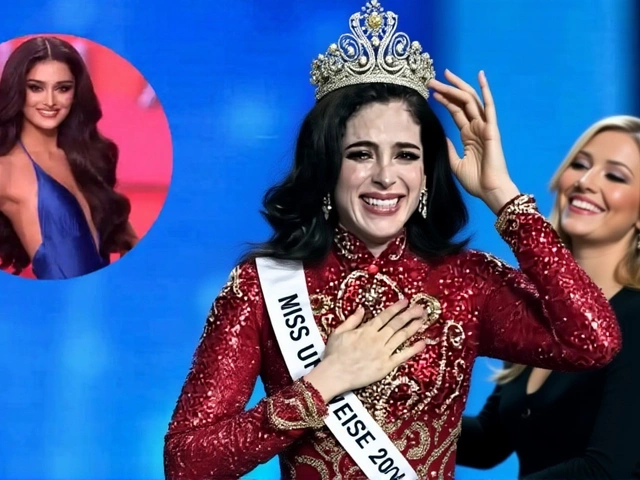When the crown landed on Fátima Bosch Fernández’s head in Bangkok on November 22, 2025, the cheers were loud—but the silence that followed was louder. The 24-year-old from Santiago de Teapa, Tabasco, became the fourth Mexican woman to win Miss Universe 2025, but her victory was overshadowed by a backstage explosion that nearly derailed the entire event. Just hours before the finale, an unnamed Miss Universe organization staffer publicly berated Bosch Fernández for allegedly failing to post promotional content, then called security when she pushed back. Witnesses say she stood her ground, voice steady, as cameras rolled. Within minutes, five contestants walked offstage in protest. The organizer later apologized—but the damage was done.
The Night the Crown Wasn’t the Only Thing That Fell
The Miss Universe 2025 finale unfolded at a glittering venue in Thailand, with 120 contestants from around the world having competed across weeks of judging, interviews, and swimsuit and evening gown rounds. But the real drama began days earlier. According to CBS News’ live transcript, the confrontation occurred during a mandatory media training session. The organizer, whose identity remains undisclosed, reportedly shouted at Bosch Fernández: “You’re not here to be a star—you’re here to post.” When she responded, “I’ve posted more than anyone,” he allegedly summoned security. “It wasn’t just about a post,” one contestant, who asked not to be named, told reporters. “It was about being treated like content, not a person.”By the time the live broadcast began, the tension was palpable. Hosts struggled to mask the awkwardness. At timestamp 18, the host awkwardly shifted focus: “Congratulations, Miss Mexico. And can we please give a round of applause for our first round of Miss Thailand?” The crowd clapped politely, but the moment felt hollow. Then, at timestamp 192, the announcer stammered: “Mr. Raw Mexico’s Fatima Bash Fernandez has been crowned Miss Universe 2025.” The mispronunciation—“Fatima Bash Fernandez”—wasn’t corrected. It wasn’t an accident. It was a symptom.
Who Is Fátima Bosch Fernández? Beyond the Crown
Born in the rural town of Santiago de Teapa, where the scent of cacao and chili lingers in the air, Bosch Fernández didn’t grow up dreaming of crowns. She studied psychology at the University of Tabasco, volunteered at shelters for abused women, and worked part-time as a translator for indigenous communities. “I didn’t want to be beautiful for the camera,” she told The Desert Sun in a pre-pageant interview. “I wanted to be seen.”Her win isn’t just historic—it’s symbolic. Mexico’s last Miss Universe, Andrea Meza in 2020, was praised for her advocacy on mental health. Bosch Fernández is different. She’s not here to polish the image. She’s here to shatter it. In her winner’s statement, she said plainly: “I want to be remembered as someone who changed the prototype of Miss Universe.” That’s not a slogan. It’s a manifesto.
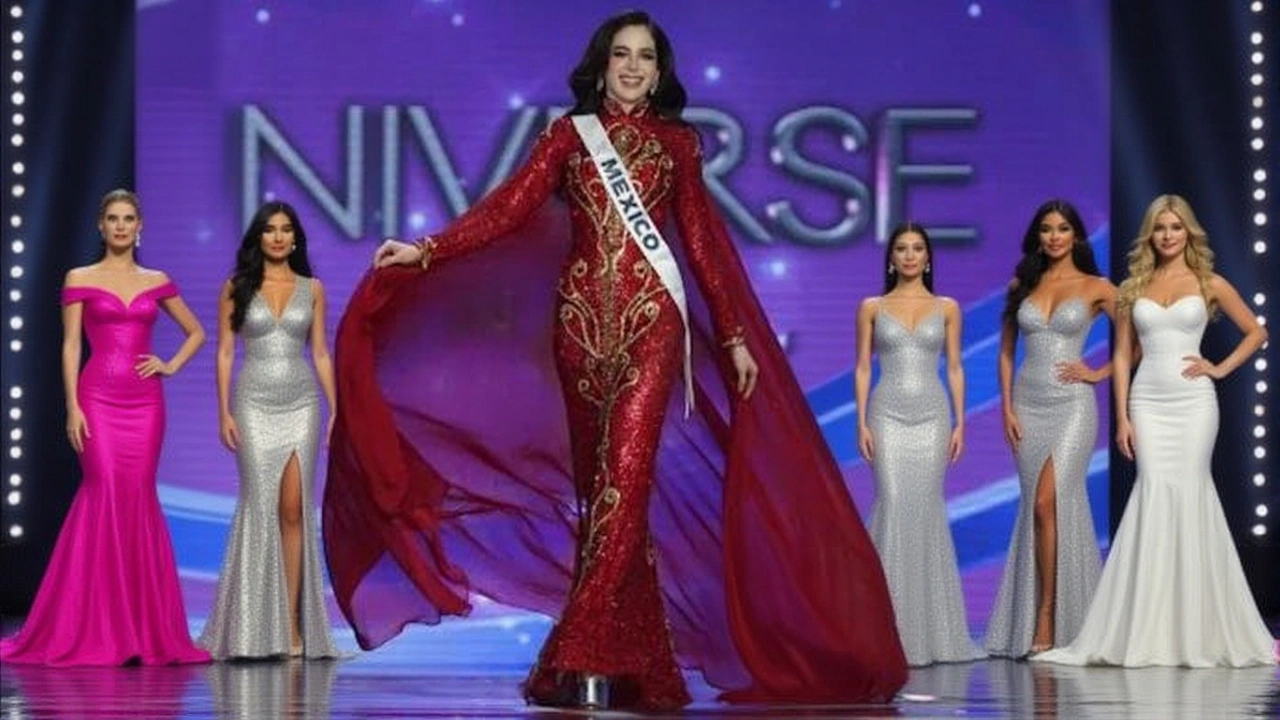
The CEO Who Couldn’t Find Her
The event’s CEO, Mario, was introduced during the broadcast with a shaky voice: “I would like to present Mario, our CEO of Miss Universe… So I would like to congratulate direct to her. I still looking for her at this moment.” The line, awkward and unscripted, went viral within minutes. Was he referring to Bosch Fernández? Or the missing organizer? No one knows. But the moment exposed a deeper rot: leadership that’s out of touch, systems that prioritize metrics over humanity, and a brand that’s lost its soul.The Miss Universe organization has been on shaky ground since 2022, when former owner Donald Trump sold the franchise amid scandals involving racial bias and internal corruption. Under new management, it’s tried to rebrand as “inclusive”—but incidents like this suggest the culture hasn’t changed. Last year, a contestant from South Korea was disqualified for being “too tall.” In 2023, a judge was caught on camera saying, “We need more Asian girls who look like they belong here.” These aren’t outliers. They’re patterns.
What Happens Now?
Bosch Fernández’s reign begins under a cloud. Will she use her platform to demand reform? Already, three former Miss Universe titleholders have publicly backed her. “This isn’t about one girl,” said Lupita Jones, Miss Universe 1991. “It’s about the entire system.”Meanwhile, the Miss Universe organization has issued a vague statement: “We are committed to a respectful and empowering environment.” But no one’s been fired. No policy has changed. And the organizer who berated Bosch Fernández? Still employed.
Contestants from Nigeria, Brazil, and Japan have already hinted they may boycott next year’s event if changes aren’t made. “If we’re supposed to be ambassadors of dignity,” said one finalist, “then why are we forced to bow to people who treat us like marketing tools?”
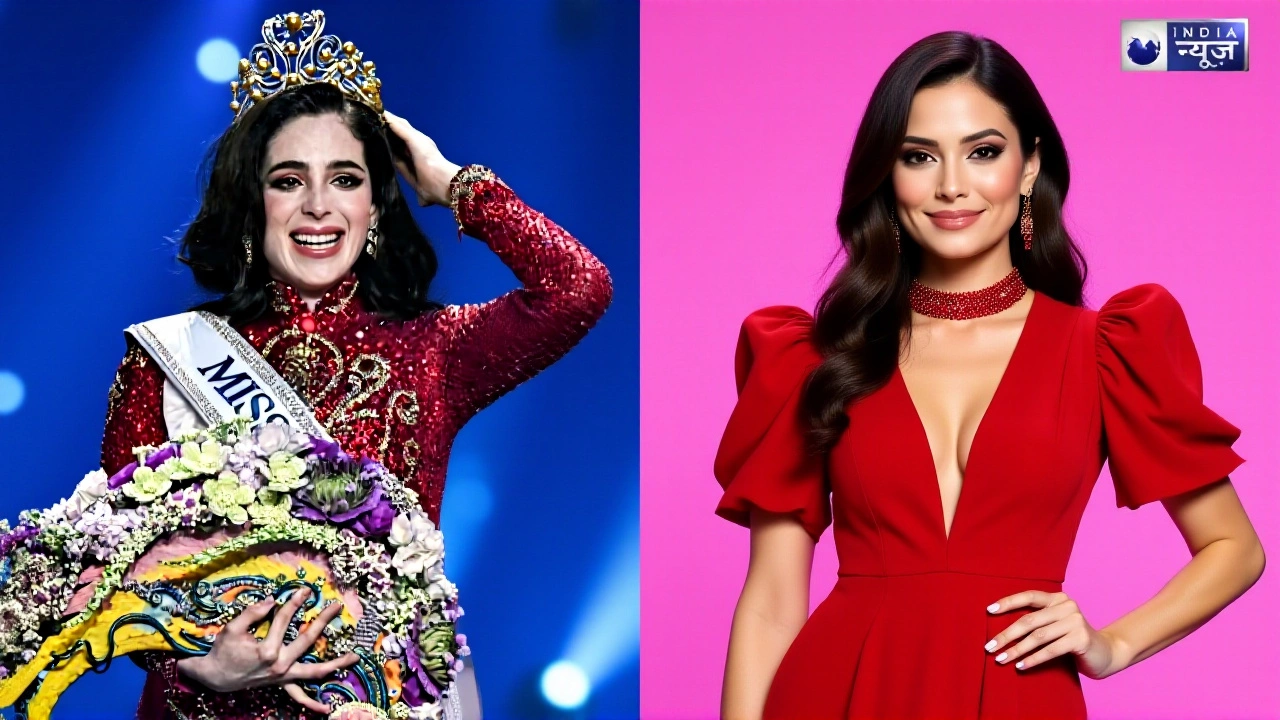
Why This Matters Beyond Beauty Pageants
This isn’t just about a crown. It’s about who gets to define worth in a world obsessed with visibility. Bosch Fernández was punished for refusing to perform compliance. For speaking up. For being human. And yet, she won.Her victory is a quiet rebellion. It says: You can try to silence us. You can try to control our image. But you can’t control our voice. Not anymore.
Frequently Asked Questions
How did the controversy affect other contestants?
At least five contestants withdrew from the competition immediately after the incident, with several more speaking out anonymously. One contestant from Canada told Reuters she felt “emotionally unsafe” and left the hotel that night. The pageant’s official statement said no contestant was forced to leave, but multiple sources confirmed the walkouts were coordinated among contestants who had bonded during training. The organization later issued a blanket apology, but no individual accountability followed.
What did Fátima Bosch Fernández say in her victory speech?
Her speech was brief but powerful. She thanked her family, her community in Tabasco, and the women who fought alongside her. Then she said: “I didn’t come here to fit into a mold. I came to break it.” She didn’t mention the controversy directly, but her tone—calm, unapologetic—made the message clear. She plans to use her year in office to launch a global campaign on digital dignity, pushing platforms to stop penalizing women for not posting enough content.
Has this kind of controversy happened before at Miss Universe?
Yes. In 2022, a contestant from the Philippines was disqualified after a judge questioned her “authenticity.” In 2021, a former Miss Universe revealed that contestants were pressured to lose weight under threat of elimination. And in 2020, a judge was caught on video making racist comments about contestants of African descent. Each time, the organization issued an apology and promised reform. None of the staff involved were fired. This is the third major scandal since 2020.
Why is the CEO’s name only given as “Mario”?
The Miss Universe organization has never publicly disclosed the full name of its CEO, citing “privacy and security concerns.” But insiders say it’s Mario Lopez, a former marketing executive who took over after the 2023 leadership shakeup. His lack of pageant experience has been criticized by former winners. During the broadcast, his awkward delivery and inability to say Bosch Fernández’s name correctly suggested he was unprepared—or unwilling—to engage meaningfully with the women he claims to represent.
What’s next for the Miss Universe organization?
The organization has announced a “review of internal protocols,” but no timeline or independent oversight has been promised. Pressure is mounting from sponsors, including L’Oréal and T-Mobile, who’ve quietly signaled they may reconsider partnerships. Former contestants are forming a coalition called “Beauty With Purpose,” demanding transparency, mental health support, and an end to mandatory social media quotas. If the organization doesn’t act by March 2026, several countries—including Canada, Germany, and Brazil—have threatened to withdraw from next year’s competition.
Is India’s Manika Vishwakarma confirmed to have missed the Top 12?
No official confirmation exists. While some fan sites and social media accounts claimed Manika Vishwakarma didn’t make the Top 12, neither CBS News nor The Desert Sun reported her placement. The Miss Universe organization did not release a full list of finalists beyond the Top 5. Without verified sources, the claim remains unconfirmed. It’s a reminder that in the age of viral rumors, even pageant results can be distorted.
